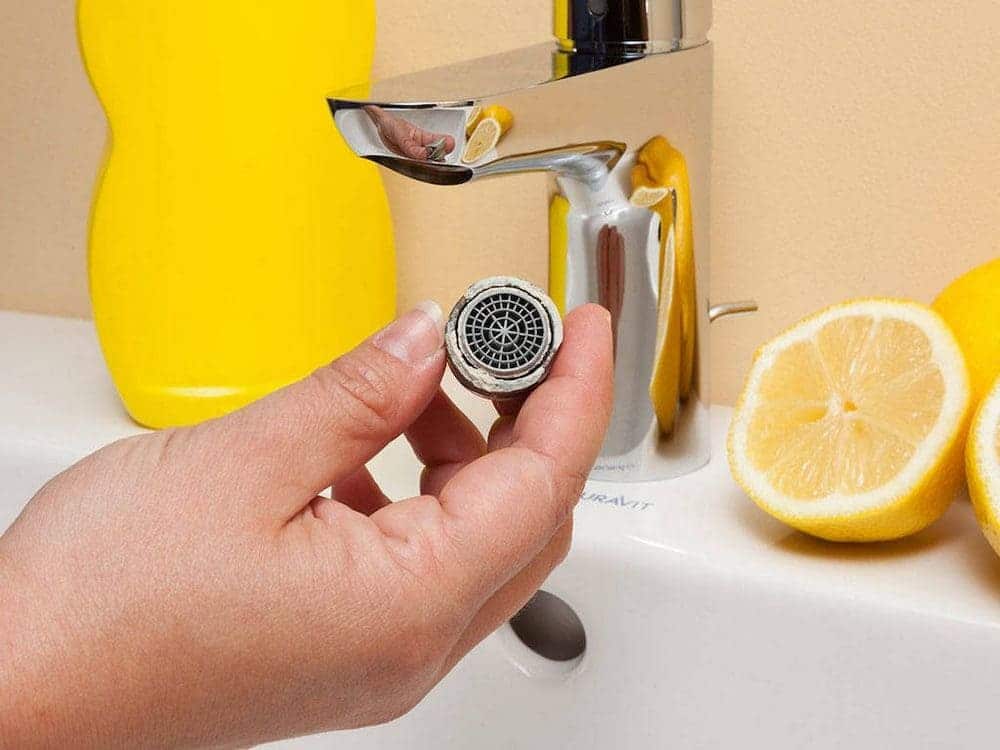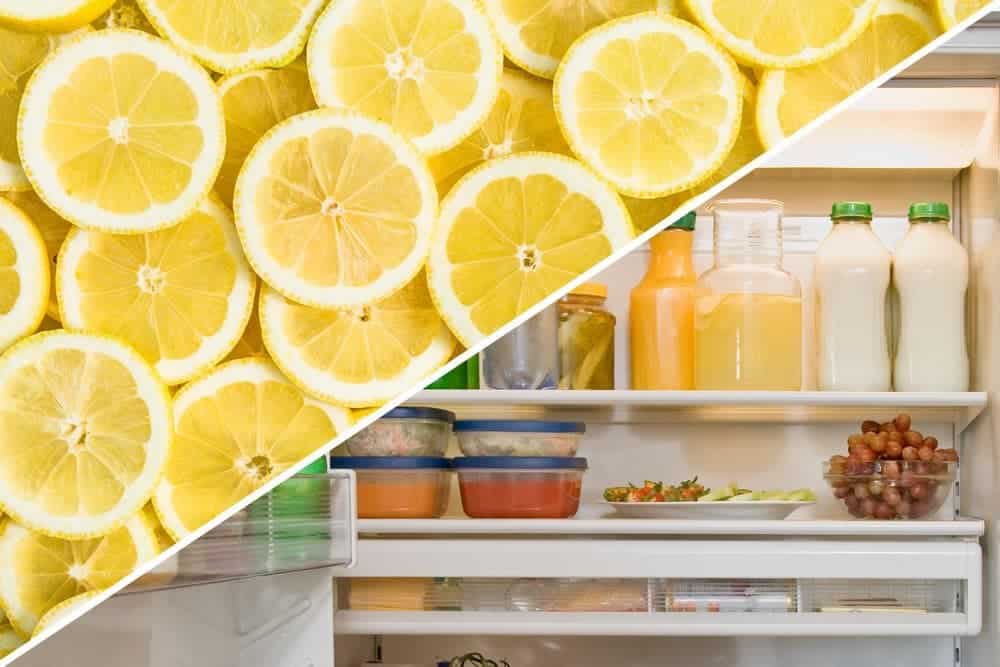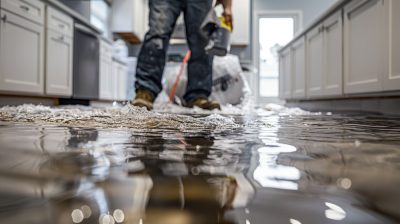
If you look at the chemicals of modern-day cleaning products, you will almost certainly find a frightening list of harmful substances.
While they may be effective at removing bacteria and germs, the majority of these chemicals wind up in our drainage system, causing a catastrophic impact on aquatic life.
When seeking new ways to clean the house in an eco-friendly way, we came upon citric acid. The potency of citric acid powder for cleaning purposes after giving it a couple of spins is really amazing! It never fails to surprise that there are so many environmentally friendly techniques to clean at home that are mostly overlooked.
One of our main components for green cleaning is citric acid. Citric acid has an ancient legacy of usage in natural cleansing without the dangerous chemicals or single-use plastic bottles.
When you wish to thoroughly clean and sanitize, it’s a popular alternative to peroxide or bleach. Citric acid is obtained from citrus fruits, particularly lemons. It has bleaching, rust remover, antimicrobial, and antifungal properties.

How To Use Citric Acid?
There are different ways you can use citric acid for cleaning and disinfecting purposes. Some of the methods are mentioned below.
1. If you like tea, you presumably have a kettle, and if you do, it’s definitely clogged with minerals. Stir together with a spoonful of citric acid with a litre (4 cups) of water until it dissolves. Allow 15 to 20 minutes for the mixture to cool after boiling. After that, discard the mixture, rinse the interior of your kettle.
2. To clean your dishwasher, put four to five tablespoons of the citric acid in the detergent pot, close it, and run a regular cycle with no dishes.
3. You will find a steady build-up of water stains on your toilet seat and toilet bowl. They appear to be hard to eradicate no matter how hard you clean. To get rid of these marks, just add a tablespoon into the water and let it sit for 20 to 25 minutes before flushing it away.

What Makes Citric Acid So Special?
Citric acid is a multipurpose safe and natural agent that is also one of the most environmentally friendly methods to clean your house. Citric acids are typically found in auto cleaning products, metal scrubbers, household cleaners, dishwasher cleaners, stain removal, toilet cleaners, and bathtub cleaners, among other commercially available household cleaning solutions.
Because of its antibacterial and bonding qualities, which make it particularly efficient against hard water, it has become a popular household product.
Bonding refers to the ability of citric acid to bind with metal ions. Binding the ions break up the molecular structure and cause it to decompose in the water.
Disinfecting Properties
Citric acid, in addition to being an excellent biocide, is also effective at killing microorganisms like bacteria, viruses, mould, and fungus. Because citric acid is an effective antibacterial, you should use it on other surfaces in your house, such as kitchen countertops, tabletop, and other locations where you serve or cook meals. Citric acid, when applied correctly, can aid in the removal of:
● Soap scum that forms on the surface
● Stains caused by hard water
● Layers of calcium
● Lime or Rust
Citric acid can be found in the chemical compositions of bug sprays, fungus or algae-killing solutions, handwash, and even certain tissues used to wipe your nose.

Conclusion
Most marketed household cleaning products include harmful pollutants that can have long-term negative effects on your health and the environment. Many can irritate the skin and eyes, as well as cause breathing difficulties and allergic responses.
Adopting the use of citric acid and other eco-friendly cleaning ways to clean your house is definitely more cost-effective than employing fancy cleaning products!








